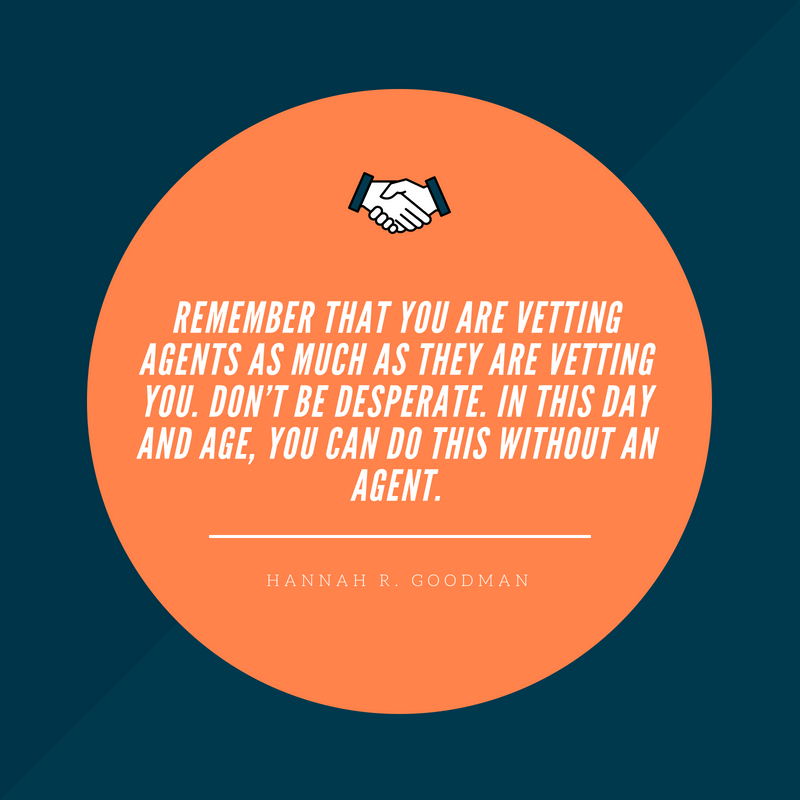I'm lucky (or cunning) enough to have lured yet another successful writer over to my blog for an SAT - Successful Author Talk. SAT authors have conquered the query, slain the synopsis and attained the pinnacle of published. How'd they do it? Let's ask 'em!
Today's guest for the SAT (Successful Author Talk) is Hannah R. Goodman, author of Till it Stops Beating released July 8, from Black Rose Writing.
Are you a Planner or Pantser?
I have trouble answering this. I’ve been a writer for decades and have written everything from feature articles in magazines to young adult novels and every type of writing in between. So, depending on the type of writing, I would say I go both ways….Planner for more structured pieces, like articles and Panster for more creative pieces, like personal essays, short stories, and novels.
The method for Pants-ing I’ve been using for the last 6 or so years is NaNoWriMo. I use it as a way to bang out a first draft of a novel that’s been rattling around my brain. I work manically for 30 days, and then I leave it, sometimes, for a year. Then, I become a Planner when I revise, and for that, I use things like Darcy Pattison’s Novel Metamorphosis to help me hone the structure and organization.
How long does it typically take you to write a novel, start to finish?
This is another not so simple answer...It can only take a month to write an entire novel, but that version of that novel is usually crap. Revision has taken, at the most, a decade for one novel, and for another, 3 months. My book that is about to come out in the summer was actually two novels I wrote quickly but 8 years apart. When I decided to put them into one novel, it only took me a few months. Revising that novel took about a year, but then it went on submission via my agent at the time for a few years and was revised during that period.
Do you work on one project at a time, or are you a multi tasker?
I like to have a few pots boiling. Recently, after two decades of writing non-stop, I’ve taken a slow, steady, and more focused approach. I think it’s just a product of age and time, though!
Did you have to overcome any fears that first time you sat down to write?
No. I was so young when I wrote my first complete short story that I didn’t have the wear and tear of rejection and criticism to create any fears. When I was in school getting my MFA, I found that I had a lot of fears when I sat down to write but it was a good fear, a kind of fear that I knew would disappear if I wrote my way through it. It was one of my most prolific times.
Who is your agent and how did you get that "Yes!" out of them?
Another complicated answer...so I have had two agents over the course of my writing life and they sought me out due to some publicity I had from self-publishing projects. I stayed with them each for 4 and 5 years respectively... unfortunately, they were unable to sell my books. Only when I didn’t have an agent did I finally get a contract.
Any advice to aspiring writers out there on conquering query hell?
Remember that you are vetting them as much as they are vetting you. don’t be desperate. In this day and age, you can do this without an agent.
How did it feel the first time you saw your book for sale?
Again, this is a complicated response...my first published book was in 2004 and it was self-published. At my first book signing, I sold 100 copies of my book! When I saw people coming into the bookstore and looking to not only buy my book but have me autograph it...SURREAL!
How much input do you have on cover art?
Quite a bit! I selected the image and my BFF, who is a photographer, helped me edit it. We submitted it to my publisher and...there it is!
What's something you learned from the process that surprised you?
Indie publishing is my jam! Not that I know first-hand about working with one of the big five, but from what I have heard from friends, you get little say in a lot of the edits and in the cover art. Writing, for me, is purely about creativity and art—not making money, so I prefer to be very involved and collaborate with my publisher.
How much of your own marketing do you?
I do, all of it! I'm on Twitter, Instagram and Facebook.
When do you build your platform? After an agent? Or should you be working before?
Start now and today! The earlier the better because there is a learning curve involved in building your platform, so get started now and don’t be afraid to try different things and at the same time, don’t spread yourself too thin, across too many social media platforms.
Do you think social media helps build your readership?
Social media is the key to connecting to readers, and it helps you go beyond just the people in your neighborhood.


